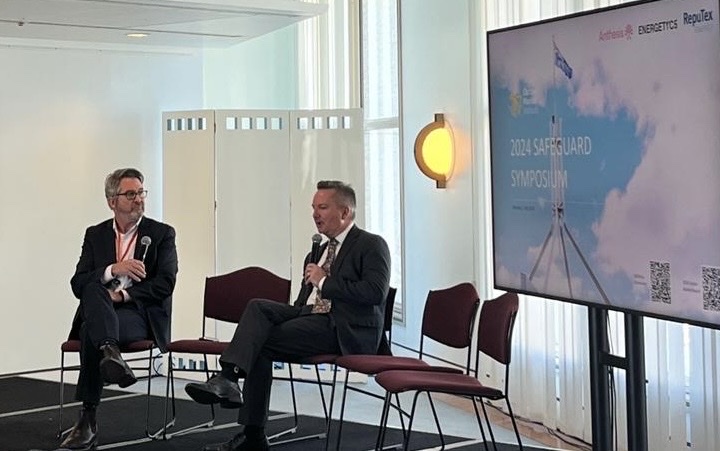CMI Media Statement
The Carbon Market Institute (CMI) welcomes the federal government’s commitment to net zero emissions by 2050 and looks forward to further detail on the plan in addition to the slides presented at today’s press conference, but is disappointed that the taxpayer rather than business will remain the main driver with $20 billion earmarked to underwrite the transition.
CMI noted that credits for climate action and offsets can provide important assistance in a transition to net-zero emissions and that Australia has credible systems of integrity and plans to expand them, but we need to have integrity in climate, energy and economic transition policy as well as integrity in the credits.
“While the 2050 net-zero emissions target is welcome, it appears the plan is a missed opportunity to use existing policies as a springboard to a technology and market investment approach that would have business not the taxpayer as the main driver of the plan”, said CMI CEO John Connor.
“Net zero by 2050 is the minimum entry ticket to the climate policy credibility and alone won’t fend off potential carbon tariffs and higher capital costs increasingly facing carbon intensive companies and countries. That will require stronger 2030 commitments, not just projections, and policies that enable business to take greater responsibility and guide future decarbonisation investments.”
“A policy that limits ambition to net zero by 2050 and positions the taxpayer as the main driver of decarbonisation is also a missed opportunity to fully leverage the investments and opportunities arising from state government and business actions, and position Australia as a leader in realising the opportunities of the transition to net-zero emissions.”
“Australia should be supporting 2030 emission reductions of at least 50% and make them part of the currency of international climate and trade negotiations, our nationally determined contributions (NDCs) under the UNFCCC Paris Agreement. The failure to convert strengthened emission reduction projections of up to 35% from 2005 levels resulting from stronger business and government actions into an even more ambitious NDC is a major missed opportunity.”
“Australia has existing climate policies that could be used as a springboard to increasing our ambition, including the federal government’s Safeguard Mechanism which should be strengthened to catalyse the market’s transition to net zero emissions,” said Mr Connor.
The Safeguard Mechanism sets carbon pollution limits for businesses emitting more than 100,000 tonnes annually, but is currently delivering extremely limited results. The CMI, alongside the Business Council of Australia (BCA), is calling for Safeguard baselines to be reduced over time, with enforceable incentives to invest in pollution reduction. CMI’s recent survey revealed 79% of business respondents support reducing pollution limits set via the Safeguard Mechanism.
“CMI has supported key elements of the Technology Roadmap and, in the absence of policies to make business the main driver of emission reduction initiatives, the taxpayer will need to step up. However public investments, and the use of any offsets, should be aligned to supporting the infrastructure and community transition assistance needed to decarbonise by at least 50% by 2030 and reach net-zero emissions by 2050.
“CMI welcomes continuing government support for delivering natural and geological carbon sequestration in Australia and the Indo-Pacific region, we do have a world leading system of integrity in developing credits for carbon reduction and offsets. However, we must also have integrity in the transition and that requires a clearer pathway with greater interim targets.
“Carbon farming is already providing substantial additional revenue streams for landholders and investment in regional Australia and there is significant potential to expand its contributions but it should come with a credible decarbonisation pathways and policies.
“The federal government’s announcement today included little detail on policy or modelling undertaken and many aspects of what was announced are already known. We look forward to further clarity on its pending update of the Technology Investment Roadmap and other dimensions of its plans to address climate change and catalyse the inevitable global transition to a net-zero emissions economy”, said John Connor.
For interviews with John Connor please call Clare Price on 0490 252 743 or Annemarie Jonson on 0428 278 880



